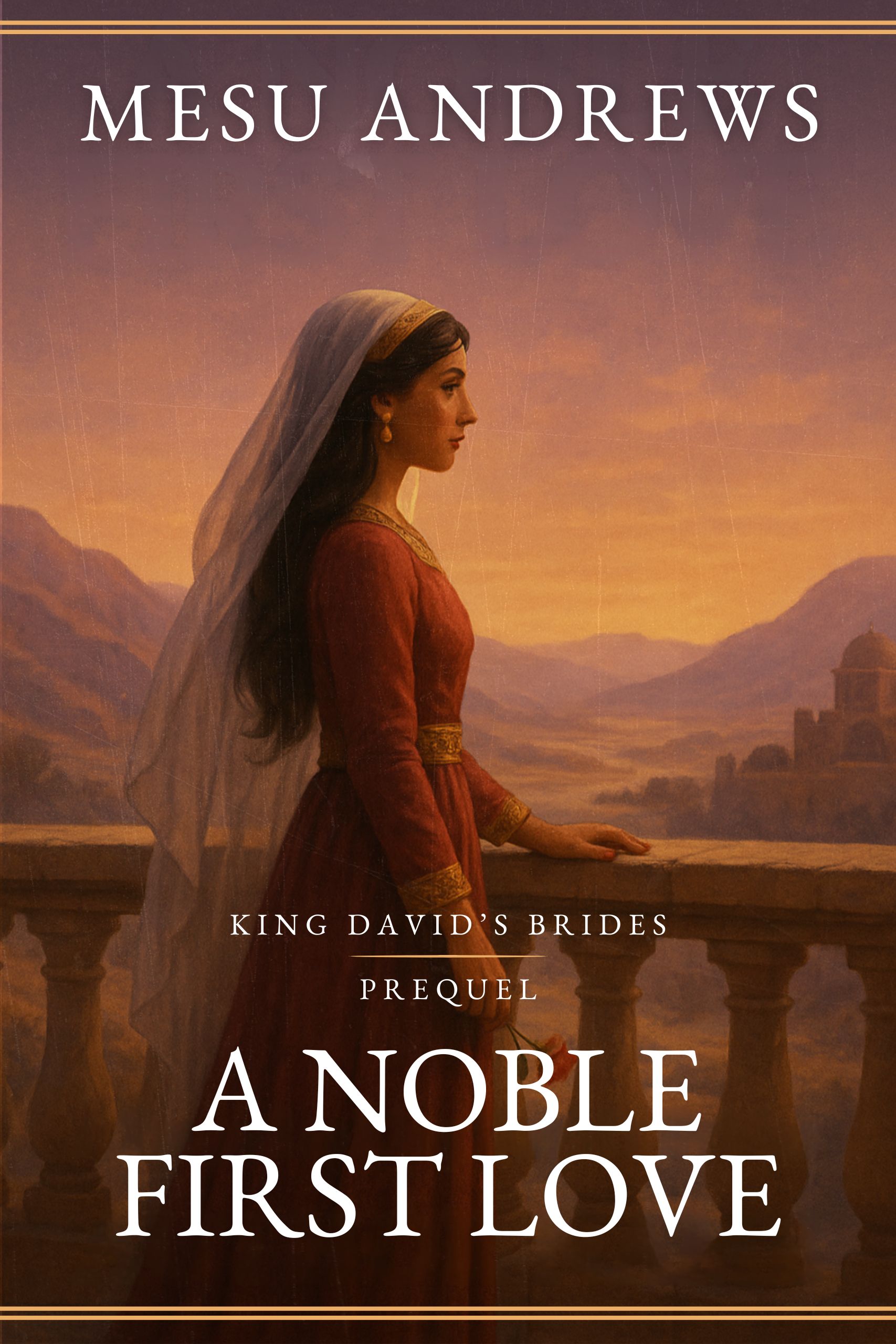 Isn’t it rewarding when our children or grandchildren begin to read their Bibles and get it? They look into our eyes, silently asking, “Do you approve?” In my experience, such approval-seeking happens while they’re nine or younger. (See girl in blue shirt.)
Isn’t it rewarding when our children or grandchildren begin to read their Bibles and get it? They look into our eyes, silently asking, “Do you approve?” In my experience, such approval-seeking happens while they’re nine or younger. (See girl in blue shirt.)
When my kids and grandkids get older, they still ask questions, but oftentimes with a sly smile and ready to debate. (See boy with arms folded. :lol:)
Or am I the only one with kids and grands who like a good argument?
- Some of these debaters grow up to be readers.
- Some of these readers become book reviewers.
- Some reviewers approve of my novels, and some . . . send me emails.
I LOVE Those Emails!
I scan my inbox regularly. When I see something from a faithful reader, I open it first! Some are very encouraging, while others voice their concern. I’ve had a few express disappointment because, in their opinions, Brave portrays Yahweh as approving of David’s sin. Here’s the Law in question–within its context.
The king, moreover, must not acquire great numbers of horses for himself or make the people return to Egypt to get more of them, for the Lord has told you, “You are not to go back that way again.” He must not take many wives, or his heart will be led astray. He must not accumulate large amounts of silver and gold. When he takes the throne of his kingdom, he is to write for himself on a scroll a copy of this law, taken from that of the Levitical priests. Deuteronomy 17:16–18 (emphasis added)

Philip De Vere, CC BY-SA 3.0 <https://creativecommons.org/licenses/by-sa/3.0>, via Wikimedia Commons
These Laws of God were first spoken to Moses on Mt. Sinai after Yahweh rescued the Israelites from Egypt (see Exodus and Leviticus). The Book of Numbers is divided between pre-wandering and resumes the narrative when Israel is ready to enter Canaan. Deuteronomy is called “the second law” because Moses recites the rules God gave him to the new generation of Israelites. This Law comes after forty years of wandering and before Israel enters the Promised Land.
When we read Deuteronomy 17:16-18 in context, the stuff about never returning to Egypt makes sense. The laws about a king, however, seemed useless when Israel heard them at that moment. They were twelve divided tribes and had no king! Yet Yahweh knew the days would come when Saul, David, Solomon, and all the kings of Israel (and also the nation of Judah, which came later) would need laws for their rulers.
My Zealous Readers
My zealous readers hold as much regard for God’s Word as I do. So, when a reader sends me a fiery email about contradicting Scripture, how do I react? I THANK them, then do more research and check my heart! I’m grateful when someone emails me personally since my practice is NEVER to address a bad review on Amazon, Goodreads, Bookbub, or any public review site. I appreciate a reader’s willingness to ask questions, whether looking for approval or a debate. What they’ll receive from me is a heartfelt explanation.
Bottom line: I would never intentionally contradict Scripture.
The Truth, Facts, and Fiction of Brave
A Few Bible Truths About Brave:
The following points are a few foundational Bible Truths on which I built my first book in a fictional series about David, his wives, and soon-to-come sons:
- Truth: the names of David’s first six sons are attributed to six different wives in 2 Sam. 3:2-5.
- Truth: I found three things about Ahinoam in Scripture:
- She was the mother of David’s firstborn, Amnon (2 Sam. 3:2).
- She’s labeled “Ahinoam of Jezreel” when spoken of in Scripture.
- We know Ahinoam was David’s wife before he married Abigail from 1 Sam. 25:43, “David had also married Ahinoam of Jezreel.” Past tense.
- Truth: Much of Abigail’s story is recorded in 1 Samuel 25, but there’s nothing in Scripture that tells us about her and Ahinoam’s relationship.
Some Historical Info About Brave:
- Speaking of Jezreel…When I saw that location, my brain automatically went to the Jezreel Valley, which is very close to Saul’s capital (and home) in Gibeah. But after more research in Joshua and Bible atlases, I believe Ahinoam was from a small village in Judah’s hill country. It makes more sense that David would marry a woman from Judah than a woman from Saul’s territory.
- Fact: David’s wife, Ahinoam, couldn’t have been the same woman as Saul’s wife, Ahinoam (though some experts said she was). While researching the characters and their ages, Saul’s wife would likely have been in her late 60’s or 70’s to have a son as old as Jonathan. No new babies for Saul’s old queen and David in Hebron!
- Common sense says Ahinoam must have been brave and capable of keeping up with David’s army while they hid from Saul in the Wilderness. So, I made her a Kenite. Jael was Kenite and brave! She killed a Canaanite general with a tent peg (Judges 4:17-21). Kenites were metalworkers with a long history (proven in Scripture) of favor with Israel. The full counsel of Scripture helped me create a sassy, opinionated, dagger-wielding heroine!
Some Creative Fiction In Brave:
- Could my heroine’s backstory be believable as a five-year-old girl abandoned by her mother in 1000 BC Israel and raised by a single father? Maybe. Perhaps modern readers would identify with the circumstance if other characters acknowledged the oddity.
- Zeruiah and her sons–though mentioned in the Bible–have only a few hints about their personalities and nothing specific about their wives or kids. I took Scripture’s “hints” and built these characters by using their WHOLE lives and choices as depicted in Scripture to create these first years as David’s fictional captains. Their roles in David’s army were described later in the biblical record, but we don’t know when they were assigned. I do this with MOST of my characters. The Bible reveals who God is. Biblical fiction paints the landscape and teaches ancient cultures so readers will return to Scripture and read the Bible with fresh understanding.
- David and his wives BELIEVE God approves of their multi-wife marriages. Totally fiction. Please keep reading!
So, Does Brave Contradict Deuteronomy 17:17
Yes…and No. In the first NOVEL (fiction) of my four-book series, David and his two wives–Ahinoam and Abigail–believe Yahweh approves of their marriages. Let’s look at those three highlighted words:
The Fiction Contradicts
Remember my adorable grandchild who, age eight and younger, brought me things they were pretty sure I’d approve of? Then, as they grew older, they showed me things they were pretty sure I wouldn’t approve of. Have you ever had someone come to you with a question? The answer is clearly laid out in Scripture, but they’ve justified their disobedience. Now, they want you to approve it.
Brave is fiction, but fiction imitates life. None of us knows why David broke the Law of Moses. Maybe if he’d obeyed Deuteronomy 17:18–written a copy of the whole Law and carried it around while running from Saul in the wilderness–he wouldn’t have married multiple wives. Doubtful. But did he somehow know the Laws of God? Perhaps while living in Saul’s home as a glorified shepherd boy, he did have access to the scrolls. Maybe he did read the sacred scrolls. Perhaps Prince Jonathan taught him. We simply don’t know, and that’s how I wrote Brave. David, Ahinoam, and Abigail know a little about the Law but know more about the God who guides them.
Characters’ Belief Contradicts
All three main characters receive personal and repeated guidance from Yahweh. They are true believers. Seekers of the one, true God. Why wouldn’t they trust the approval they felt from Him when they prayed about the marriages? (See my website for more information about Brave.)
I’ll answer with another question: Have you ever been absolutely sure of God’s will for you? Then, that possibility falls through. Another opportunity comes along. You take it. Then, you realize–the second option is better than the first.
Hold that thought and keep reading!
Biblical Truth Stands Firm In the Series
In Noble: The Story of Maakah, you’ll see the first seeds of doubt dawning in David, Ahinoam, and Abigail, wondering if God really approved their marriages or if they misunderstood His will for them. The scenario of justifying our own desires with God’s supposed approval is one of the overarching themes in the King David’s Brides series.
All four books tell ONE STORY. Of course, each book is written as a stand-alone. However, each book in the series reveals a fuller understanding of David’s faith journey. Perhaps equally important, each installment provides a glimpse into the six women who became the (wobbly) foundation of King David’s household. Later, in 2 Samuel, we see their adult children do some terrible things. I believe it’s important to know about the mothers who bore them to better understand who David’s sons became.
Sin Always Carries Consequences
When God created Adam in the perfect Garden, He gave Adam one restriction with one consequence.
And the Lord God commanded the man, “You are free to eat from any tree in the garden; but you must not eat from the tree of the knowledge of good and evil, for when you eat from it you will certainly die.” Genesis 2:16–17
In Genesis 3, that ol’ serpent came along and tempted Eve to become “like God.” He also called God a liar. “You won’t surely die,” he said. So, Eve took a bite of the forbidden fruit and gave a nibble to Adam.
Did they die? Not right away.
So it was with David and his six wives. The consequences of breaking the Law in Deuteronomy 17:17 didn’t shake their household until their children were older. The consequences of our sins don’t always hit immediately. Sometimes, they’re years or even decades after we’ve disobeyed Yahweh’s commands.
We Don’t Live Under the Law
If you believe Jesus’s death and resurrection paid for your sins, you don’t live under the burden of the Law. When we believe that Jesus lived a perfect life yet shed His blood to redeem us from the debt sin places on us, you and I can enter God’s presence as children of the Creator.
But because we live on this planet, where the “prince of the air” reigns (our own version of that garden serpent), consequences of sin–yours and mine–still affect our world. Consequences can be a direct result of personal disobedience. Or, because God is a good Father, He sometimes disciplines those He loves (Prov. 3:12). Some consequences–cancer, people dying young, losing a job, betrayals, and divorce–simply fall on us because of the sin-sick world in which we live.
God Is Bigger
The bottom line: God is bigger than my writing or publishing. If you don’t approve of my explanation above, I hope you can give me grace. Maybe pray for the Lord to show me, as I’ve written about David and his wives realizing their errors throughout this series. Lord, reveal to me Your Truth, and show me any selfish justifications I’ve allowed to deceive my heart.
I pray the same for anyone reading this post. If the Lord is knocking on your heart about a decision you’ve made or are about to make, stop. Search God’s Word and your heart. Seek the counsel of a godly friend. Pray and fast for God’s clear answer.
May the Truth of God settle into your heart with the peace of His Spirit who dwells in those who trust in Jesus as Savior. Selah.
If You Enjoyed This Post
Never miss out on future posts by following my blog or subscribing to my newsletter. When you subscribe as one of my Newsies, you’ll receive a free novella, exclusive monthly giveaways, and book news straight to your inbox!
Purchase Links: Because I’m an Amazon advertising affiliate, I earn a small commission when you make purchases using Amazon links from this site.
Tweet-a-bles:
- I LOVE reading emails from readers. Some are encouraging. Some…not so much. Want to hear how I deal with the not-so-encouraging ones?
- Want to know what’s TRUTH, FACT, and FICTION in my October 2024 release, #BRAVEnovel?
- If you need to make a big decision, stop! Search the Bible and your heart. Seek counsel from a godly friend. Pray for a clear answer from God.



